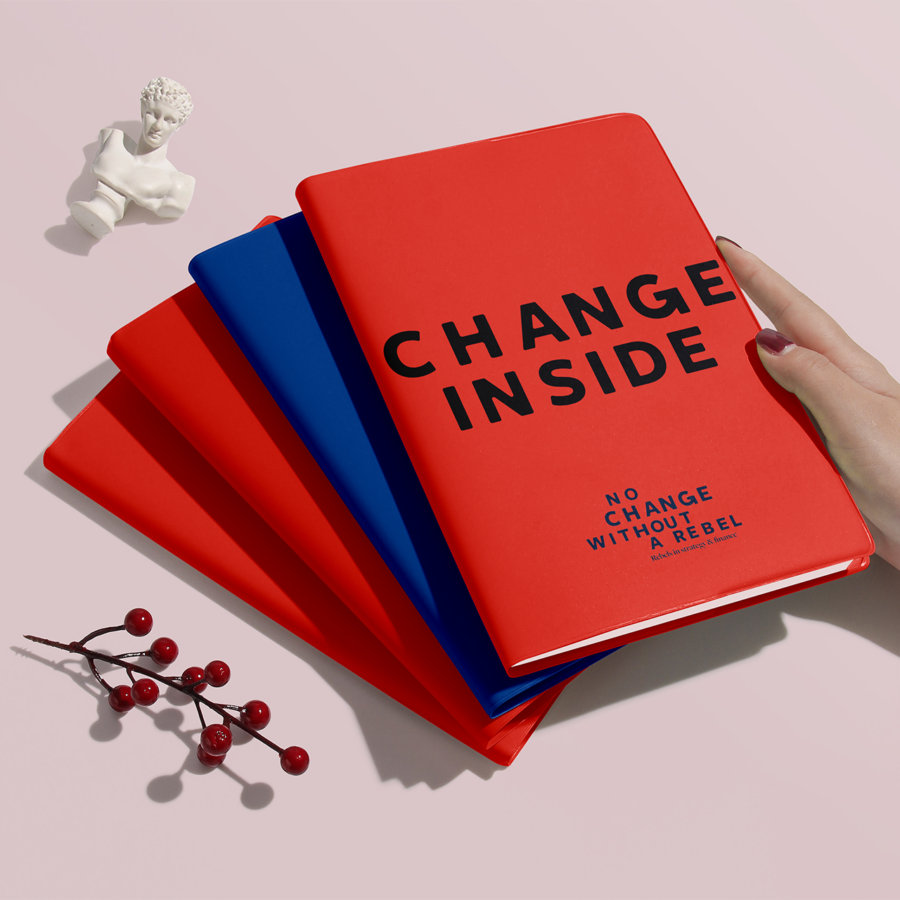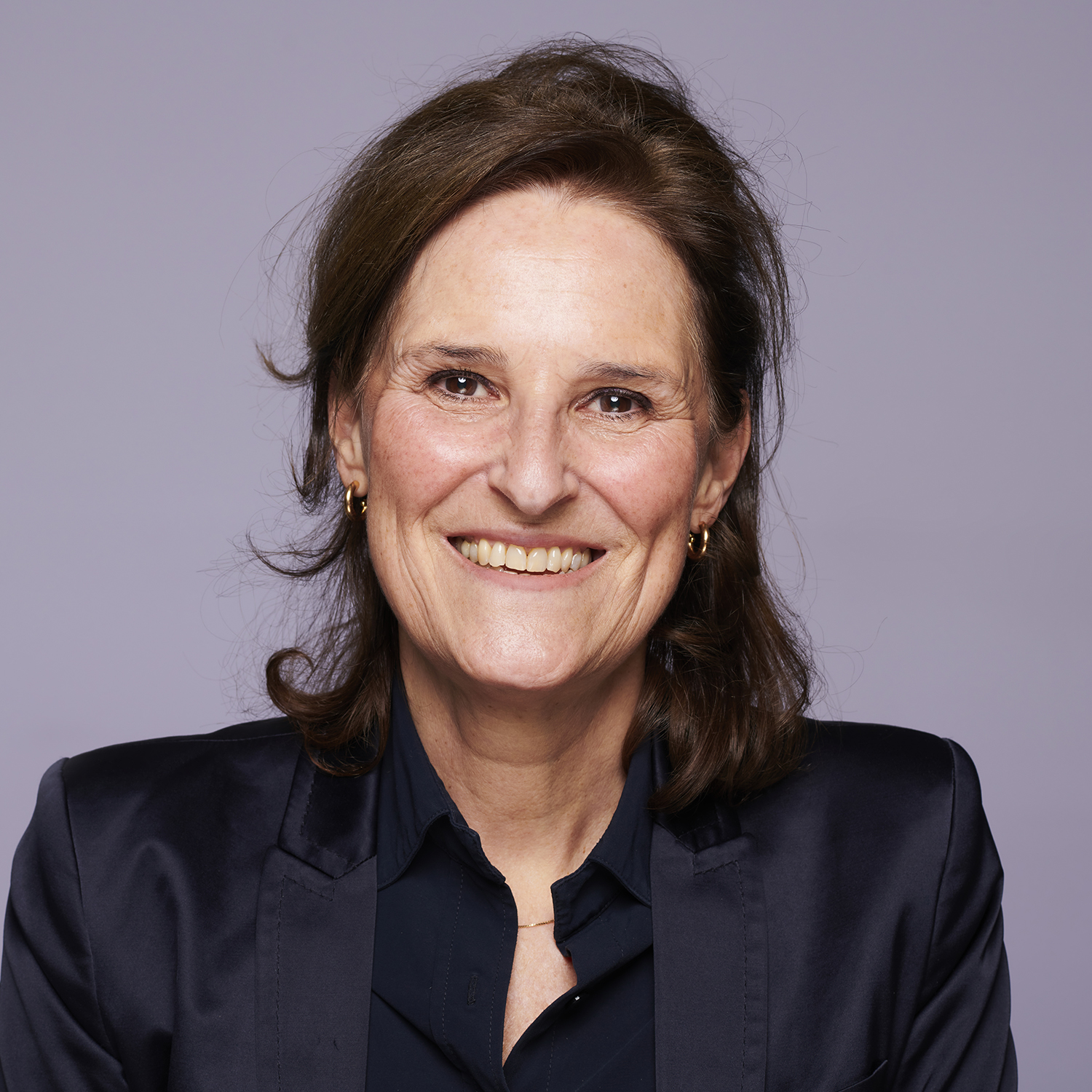‘Thanks to the strategy, everyone in the organization now speaks the same language’

Rebel helped OLX to develop a long-term strategy, starting with CSRD’s dual materiality analysis. Maxine van Grootel, OLX’s ESG Manager, shares insights into the process and how the strategy brings added value to the company.
Maxine, can you tell us about your role at OLX and why you decided to partner with Rebel?
“I’m the ESG Manager at OLX, focusing on making our organization more sustainable. As a marketplace for used goods, OLX plays a role in the circular economy. However, with the growing importance of ESG and new EU regulations, we need to consider more than just our environmental impact.
Through the analysis, we also uncovered differences between OLX platforms in terms of their social and economic impacts. For instance, our real estate platform faces distinct fraud challenges, like scammers claiming ownership of properties, compared to the second-hand goods platform, where issues like counterfeit luxury items are more common.
Additionally, the economic benefits vary across regions—for example, addressing housing needs in Ukraine is very different from those in Portugal. Taking the time to explore these variations provided valuable insights into how we approach our social impact across different contexts.”
“As a sustainability manager, the circular economy is what interests me most. However, for other parts of the company, it became clear that our platform is also important as a way for customers to earn extra income through a ‘side hustle.’ This highlighted social aspects we hadn’t fully recognized before, such as the role of community support during times of war.”
Did Everyone Embrace This Approach Right Away?
“Initially, there was some resistance. People questioned why we couldn’t just move through the process quickly. However, being required to consider our impact on people, society, the planet, and finances brought new perspectives—especially in finance and legal. As the process unfolded, it became easier for them to accept the strategy. They recognized that it was grounded in meaningful discussions with all stakeholders. For employees focused on numbers, everything started to click.”
“At the same time, we kept our focus on the bigger picture. We didn’t want this to become a box-ticking exercise and instead recognized the real value of what we were doing. That said, without the introduction of CSRD, we probably wouldn’t have approached it on such a large scale. While we were initially hesitant, we’re now glad we did. The process opened our eyes to new opportunities, particularly in the social sphere, where we can make meaningful investments and add real value.”
What Surprised You?
“I expected people to feel pressured to participate, but the opposite happened. Thanks to the way Rebel facilitated the discussions, employees were genuinely enthusiastic. They actively engaged, shared valuable insights, and continued contributing even after the conversations ended.”


